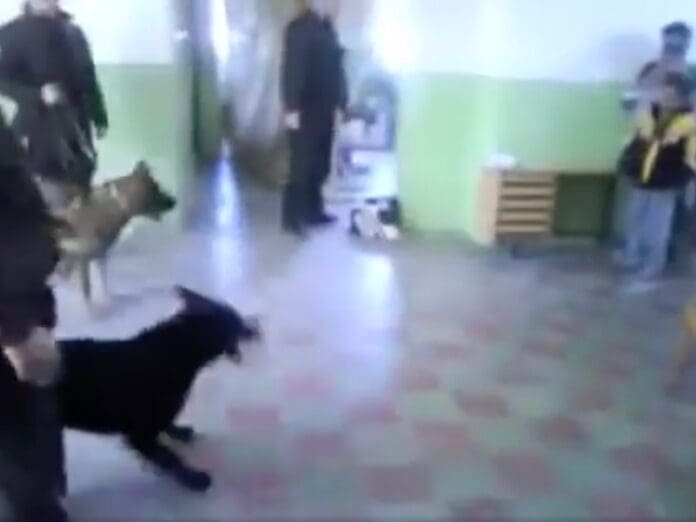On February 22, the City Court in Kosice, eastern Slovakia, acquitted 10 police officers who were accused of forcing six Romani children to fight each other while being filmed in a police station back in March 2009. This was the third time the court had acquitted the defendants, despite the Constitutional Court of Slovakia ordering a re-examination of the case last year.
Video recordings from the incident showed police officers shouting racial slurs at the Romani children, aged 11 to 17, and ordering them to strip naked and stand with their hands behind their heads. The officers also threatened to release unmuzzled dogs on the children, resulting in three of them being bitten. In one video clip, an officer was seen putting his gun to the head of one of the boys and forcing him to kiss his shoe.
Despite the disturbing video evidence and testimonies from the victims, the City Court of Kosice dismissed the case twice, citing “inconclusive evidence”. The testimonies from the six victims, who were young at the time of the incident and understandably terrified, were often contradictory. As time passed and the case dragged on, fewer victims were willing to testify, and those who did had muddled testimonies due to the passage of time.
After two previous acquittals, the case was brought to the Constitutional Court, which ordered a re-examination of the case at the City Court level. However, on February 22, Judge Daniela Blazovska, who had presided over the first two dismissals, once again acquitted all 10 police officers, citing insufficient evidence.
The public prosecutor has already filed an appeal against this latest verdict, so the case will be brought before the county court in Kosice once more. This February judgement marks the second time in less than six months that a court in Slovakia had dismissed a case involving police brutality against Roma despite clear video evidence.
The cases of police brutality caught on camera and subsequently denied justice highlight a systemic issue that extends beyond law enforcement to a structurally racist criminal legal system that fails to deliver justice to Romani victims. These cases emphasize the need for a more just and equitable legal system that upholds human rights for all individuals, regardless of race or ethnicity.
